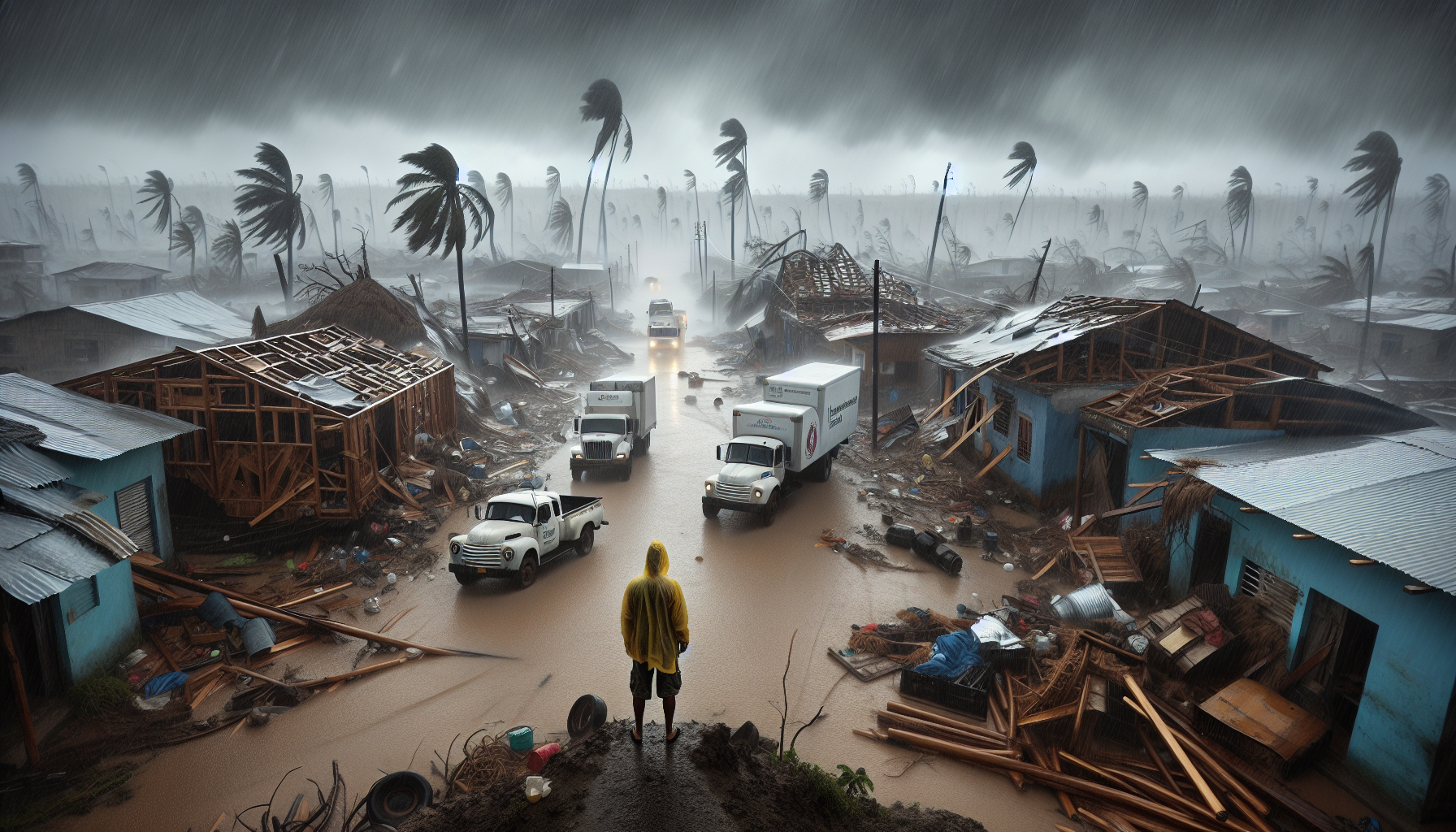Hurricane Melissa struck eastern Cuba, causing major damage but no reported deaths, after evacuating over 700,000 people. The storm, one of the most powerful in the Atlantic, left a trail of destruction across the Caribbean with at least 34 total fatalities. The Pan American Health Organization is now sending humanitarian aid to support response efforts in affected areas.
Hurricane Melissa struck eastern Cuba on Wednesday, causing major damage in areas like Santiago de Cuba but with no reported fatalities, according to initial reports. Over 700,000 people were evacuated preventively, helping to avert human losses. The storm interacted with the Sierra Maestra mountains, weakening after passing over Cuban territory.
According to the National Hurricane Center in Miami, at 8:00 PM EDT on Wednesday, October 29, Melissa had maximum sustained winds of 150 km/h (90 mph), classified as a Category 1 hurricane on the Saffir-Simpson scale, with a minimum central pressure of 970 hPa and an eye 40 nautical miles in diameter. After the impact, the system showed signs of convective recovery and moved away from Cuban territory, heading toward Bermuda.
In western Cuba, including Havana, cloudy skies with scattered showers and isolated rains are expected over the next few days, more frequent along the northern coast. Northeasterly winds will blow between 20 and 35 km/h, with occasional stronger gusts. Swells of 2.0 to 3.0 meters will affect the northern coast, with high temperatures of 27-29°C and lows of 18-23°C. Relative humidity will range between 65% and 90%.
In response, the Pan American Health Organization's Strategic Reserve in Panama sent a 2.6-ton shipment to Cuba. It includes nine emergency kits with medicines, consumables, basic equipment, and surgical supplies, plus 42,000 chlorine tablets to purify 8 million liters of water, among other items. This aid is part of the United Nations Central Emergency Response Fund's anticipatory action mechanism, with operations expanding based on needs identified with Cuban authorities.
Cuban Foreign Minister Bruno Rodríguez Parrilla referenced Melissa's impact in the context of the UN condemnation of the U.S. embargo, noting how the storm exacerbates challenges on the island. Reporter Liz Oliva Fernández is on the ground in Santiago de Cuba for further updates.

